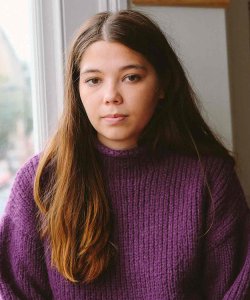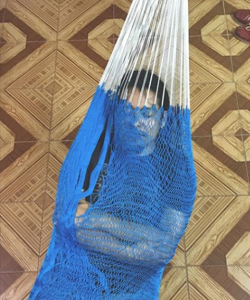Ten Questions for Latif Askia Ba

“All you can do is pay attention to the process, the practice, and see what it does to you, what it does to the people around you, what it does to your dear readers.” —Latif Askia Ba, author of The Choreic Period
Jump to navigation Skip to content

“All you can do is pay attention to the process, the practice, and see what it does to you, what it does to the people around you, what it does to your dear readers.” —Latif Askia Ba, author of The Choreic Period

The author of Yaguareté White contemplates how to approach writing in multiple languages.

The author of The Last Language considers the relationship between character and speech.

The translator of Luis Felipe Fabre’s Recital of the Dark Verses shares lessons from translation that can improve all creative prose.

The author of peep finds poetic surprises in the workaday language of commerce and culture.

The author of What Can I Tell You?: Selected Poems explores the poetic potential of vernacular language.

“Let your sense of language dawn of its own accord.” —Will Alexander, author of Divine Blue Light: For John Coltrane

“I was surprised by my own tendency to write longer and longer lines and to frequently slip into prose poems.” —Nina Mingya Powles, author of Magnolia 木蘭

“How do you navigate a life in opposition to and in spite of systemic racism, with poetry?” —Angel Dominguez, author of Desgraciado

The translator of Migratory Birds and Permafrost shares how growing up between different languages and countries has led her to challenge conventional wisdom about the art of translation.